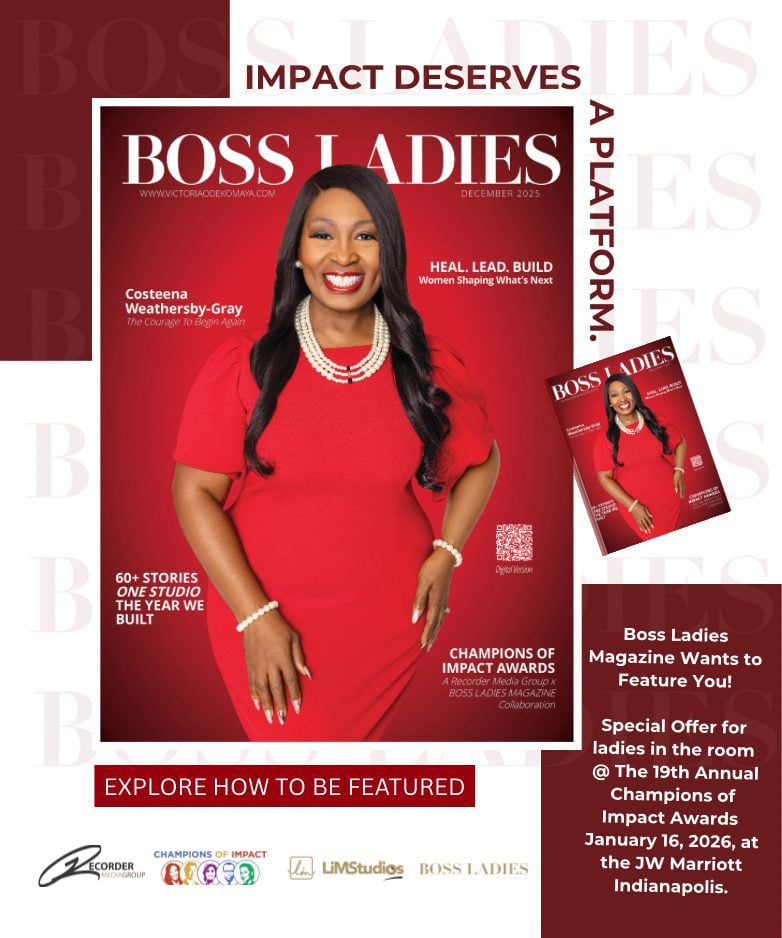Robert Jeffress, the pastor of a Baptist mega church based in Texas, recently touched off a firestorm of criticism after criticizing the Mormon faith of former Massachusetts Gov. Mitt Romney, a candidate for the 2012 Republican presidential nomination.
While introducing one of Romney’s rivals, Texas Gov. Rick Perry during an event, Jeffress denounced the Church of Latter Day Saints, or the Mormons, as a “cult” and Romney as a “non-Christian,” while endorsing Perry as a “real” Christian.
“That is a mainstream view, that Mormonism is a cult,” Jeffress told reporters during a Values Voter Summit in Washington. “Every true, born again follower of Christ ought to embrace a Christian over a non-Christian.”
Jeffress faced immediate criticism for his remarks, which some believe were unnecessary, unkind and prejudiced. His comments also resurrected an age old question in American politics: is it appropriate for ministers to endorse or criticize candidates during political campaigns?
Throughout history, American spiritual leaders have spoken out against injustice and the social ills of society. However, is it suitable for them to be involved in partisan politics, which can sometimes become bitter and divisive?
Some Indianapolis residents are asking themselves that question as local ministers, privately and publicly, express their preferences in the race for mayor between incumbent Republican Greg Ballard and Democratic challenger Melina Kennedy.
Earlier this month Kennedy’s campaign released a radio ad featuring an endorsement from Pastor Jeffrey A. Johnson Sr. of Eastern Star Church, the city’s largest African-American congregation.
In the ad, which does not mention his church, Johnson eloquently states why he feels Kennedy should be elected, and said Ballard “says he’s brought in thousands of jobs, but we’ve lost 35,000 jobs on his watch. Make sure you’re registered today so you can vote for Melina Kennedy.”
Subsequently, both candidates issued statements,with Kennedy praising Johnson for speaking as “someone who cares a lot about this city,” and Ballard expressing confidence that he still has “the support of the majority of Black ministers.”
In his own statement, Johnson said he was only “speaking on behalf of myself, not the church.”
The ad featuring Johnson was not, as some observers may believe, the first time a local minister has publicly endorsed candidates for public office. The late Rev. Mozel Sanders, former pastor of Mt. Vernon Baptist Church and founder of the annual Thanksgiving dinner that carries his name, was known for taking a stand in favor of candidates he felt had the community’s best interest at heart.
For example, a 1978 campaign ad from the Recorder shows Sanders joining Rev. Melvin Girton, pastor of Christ Missionary Baptist Church, and Dr. Ruben White in endorsing attorney Stephen Goldsmith, the Republican candidate for Marion County Prosecutor that year.
Goldsmith’s Democratic opponent, Marion County Judge Andrew Jacobs Sr., was viewed by some voters as too harsh on nonviolent offenders, and Goldsmith’s support from certain Black ministers undoubtedly helped him win the race for prosecutor, as well as later campaigns for mayor.
Today, Girton says that if he had to do it all over again, he would make the same decision to join Sanders in making the endorsement.
He believes the idea of a minister endorsing a candidate is fine as long as the minister states the positive reasons why that person should be elected, as Johnson did for Kennedy, and doesn’t discriminate against a candidate’s faith or culture, as Jeffress did against Romney.
“It’s OK to support a candidate,” Girton said. “Personally, if there was somebody I had an interest in and I felt like they were good for the community, I would personally endorse them. I couldn’t do it on behalf of the church, but it should be my right to do as a citizen and a voter.”
As far as groups are concerned, federal tax laws prohibit non-profit organizations, including churches and faith-based groups, from making political endorsements. Still, some organizations have occasionally found a way around that provision.
In 1991 the Concerned Clergy, a local civil rights coalition, endorsed Democratic state Sen. Louis Mahern for mayor over Republican Steve Goldsmith, New Alliance nominee Mary Catherine Barton and a fellow minister, independent candidate Rev. Wayne Harris. Exactly 20 years later, it is not clear whether the organization will make an endorsement this election.
Pastor Charles Harrison of Barnes United Methodist Church, believes it is dangerous for pastors to have public involvement in partisan political activity.
“As pastors, we should definitely speak out on the issues that are important to our community. But it is best if we don’t align ourselves with a particular political party or candidate,” said Harrison, who is also a leader in the Ten Point Coalition, a community group that promotes peace in the streets and youth mentoring.
Ironically, Harrison was speaking about the issue of the role of churches and pastors in politics during a citizens’ forum at Robin Run Retirement Village this week.
“As a pastor my number one loyalty is to Jesus Christ. Everything else is secondary, including any political affiliation,” Harrison said.


